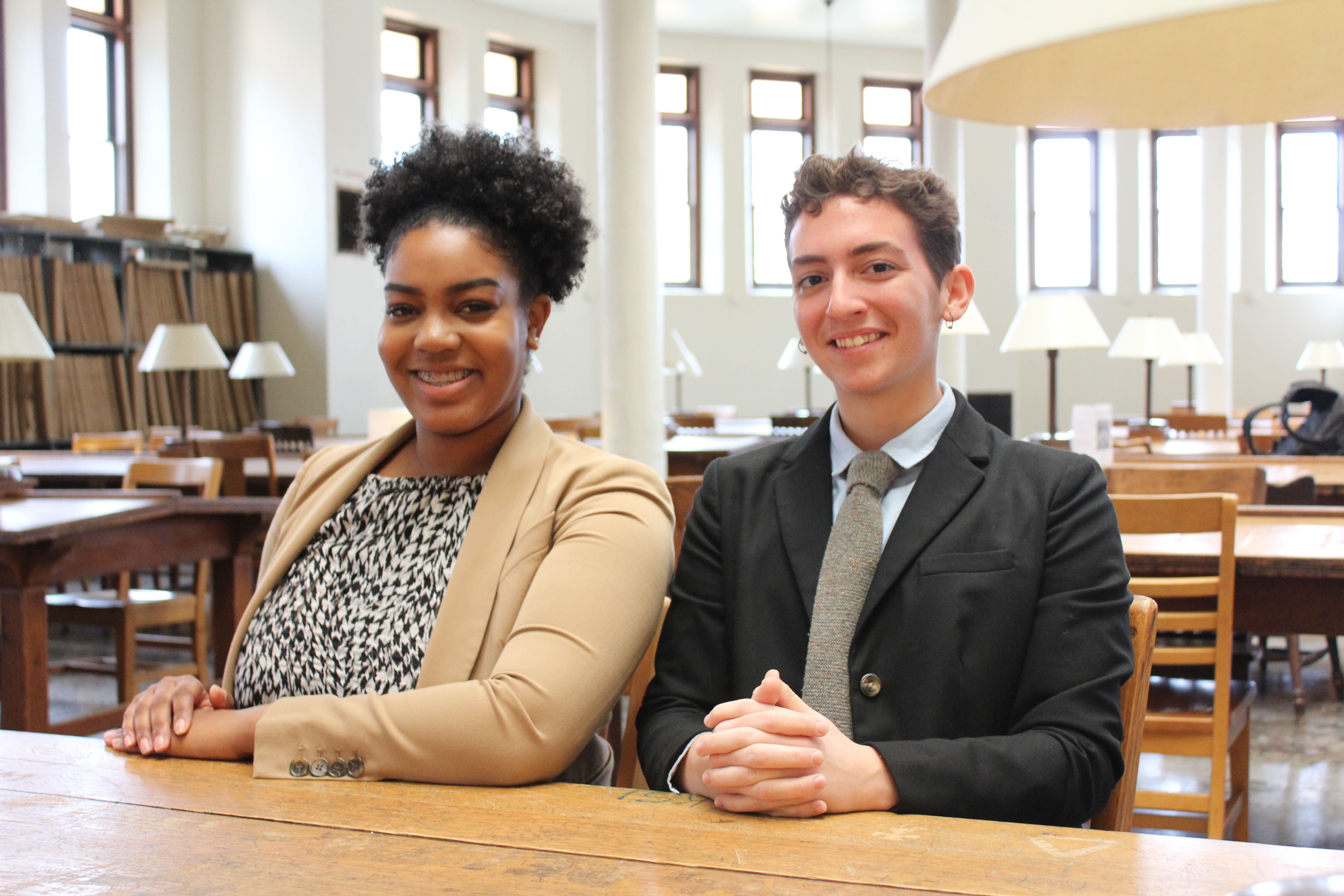By Reilly Wright, Managing Editor
Influenza and influenza-like illnesses are storming campus this semester with several cases now confirmed, the Ohio Wesleyan University Student Health Center reported.
Marsha Tilden, director of student health services, says the OWU Student Health Center staff has seen 30 students with influenza or an influenza-like illness as of Monday morning.
“The majority of students that we are seeing for illness have influenza,” Tilden said. “We have seen a few students with a stomach flu and upper respiratory infections.”
Symptoms for flu-like illnesses include body aches, fever, coughing and sore throat. The Centers for Disease Control and Prevention reports symptoms for the common cold are more gradual and moderate compared to the flu’s abrupt onset that can last up to two weeks.
“[I feel] like a gross, sniffly, drippy-nosed child,” said Larisa Keating, a junior whose flu-like symptoms began Sunday.
According to the CDC, current nationwide hospitalization rates for the flu are some of the highest in years with numbers still rising.
“The worst semester that I can recall was during the [2009] H1N1 outbreak,” Tilden said. “This semester ranks high with the number of students we have seen.”
Known as a complex and difficult illness to predict, multiple influenza viruses are currently widespread including influenza B and influenza A H1N1 and H3N2. This season, influenza A H3N2 is fiercely dominating.
The Delaware General Health District notes 96 percent of flu-related patients in Delaware county have influenza A while influenza B and unknown types compose the following 4 percent. This H3N2 strain typically leads to higher flu activity because it more severely affects the elderly and the young while naturally mutating, causing flu vaccines to be less effective.
Although researchers in Canada had reported this season’s flu vaccine to be around 10 to 20 percent effective against the widespread H3N2 strain, there is no confirmed vaccine effectiveness report for the U.S.. Despite this, CDC officials continue to recommend the vaccine for anyone over 6 months old to combat other flu viruses and reduce symptom severity.
The Ohio Department of Health reports over 8,600 influenza-related hospitalizations statewide since Oct. 1, 2017 with 97 of those coming from parts of Delaware County according to the Delaware General Health District.
Tilden says the OWU Student Health Center has received no word of student hospitalizations or deaths this flu season.
On average, flu seasons last between 11 to 20 weeks, beginning as early as October and peaking between December and March. This leaves several predicted weeks ahead with increased flu activity.
“No classroom seems to ever have kleenex so if you’re going to class, stock up,” Keating said. “Avoid other sick people because you probably have the immune system of a child at this moment and become a couch potato for the next few days.”
Students with flu symptoms are recommended to contact the Student Health Center at (740) 368-3160 or visit their office in Stuyvesant Hall between 8 a.m. and 4:30 p.m. Monday through Friday. By appointment, flu vaccinations are still offered for both students and employees. The Delaware General Health District at 3 W. Winter St., also offers vaccinations and health tips.
To avoid getting the virus, the Student Health Center recommends getting the flu shot, thoroughly washing your hands, covering your nose and mouth when coughing or sneezing and sanitize commonly used surfaces. If you feel ill, they recommend simply staying home until you are fever free for 24 hours without using medication.
The CDC recommends taking antiviral drugs as soon as possible for those becoming severely ill or highly vulnerable to its symptoms.









